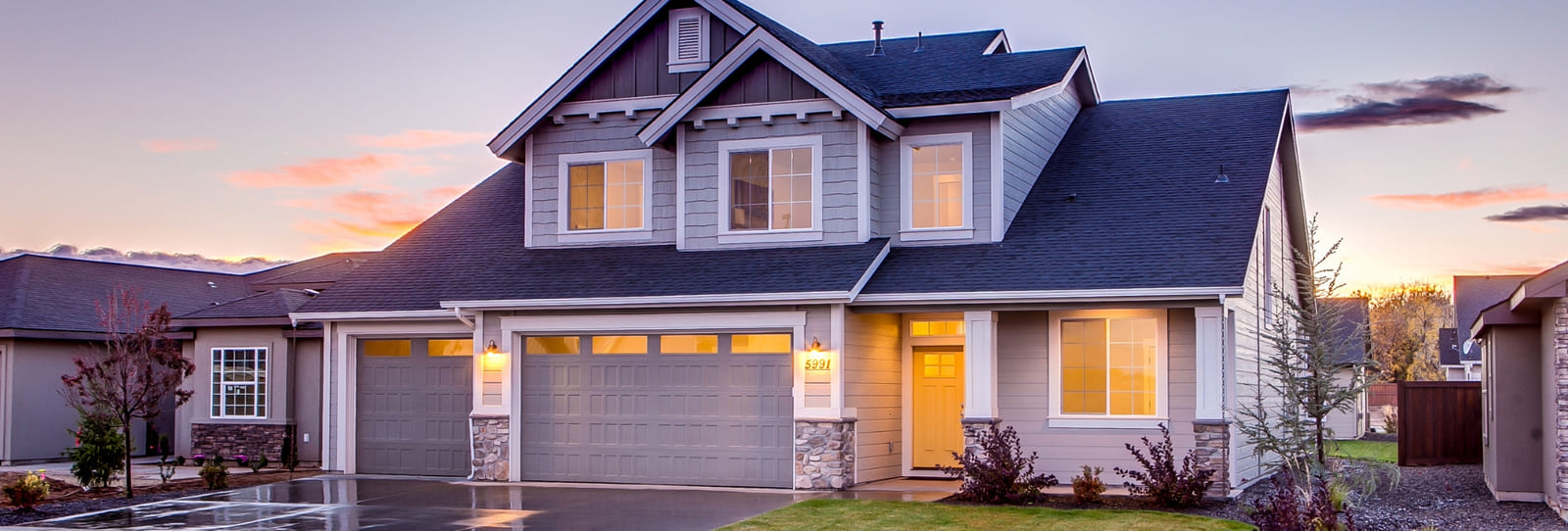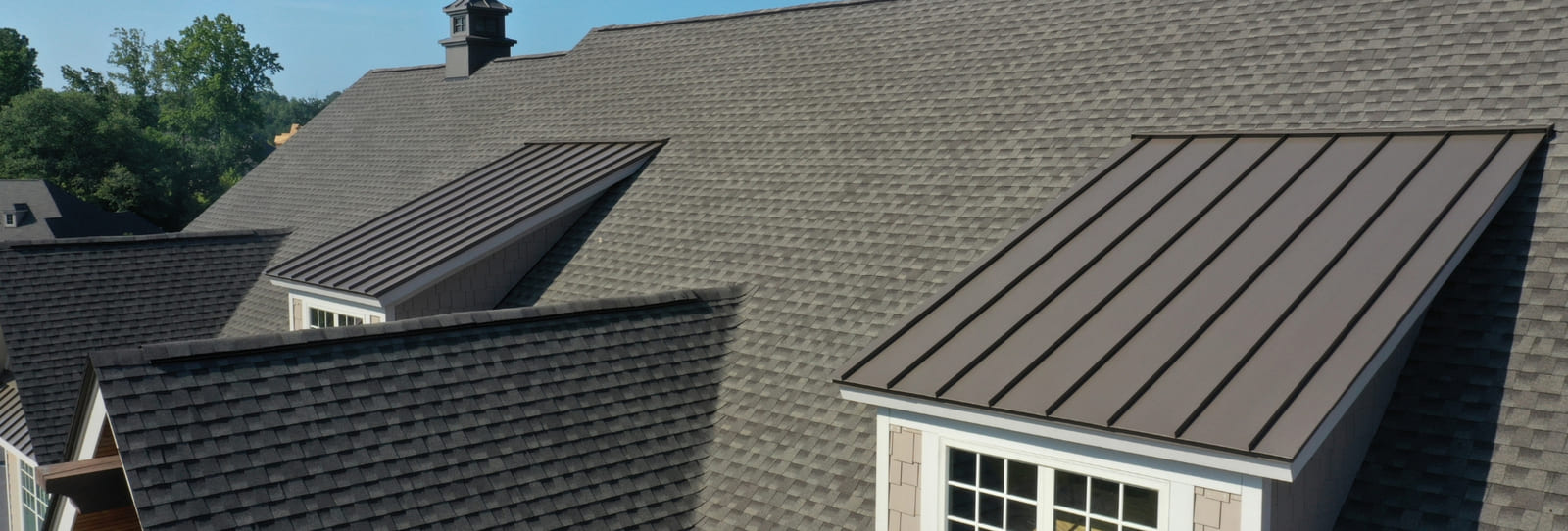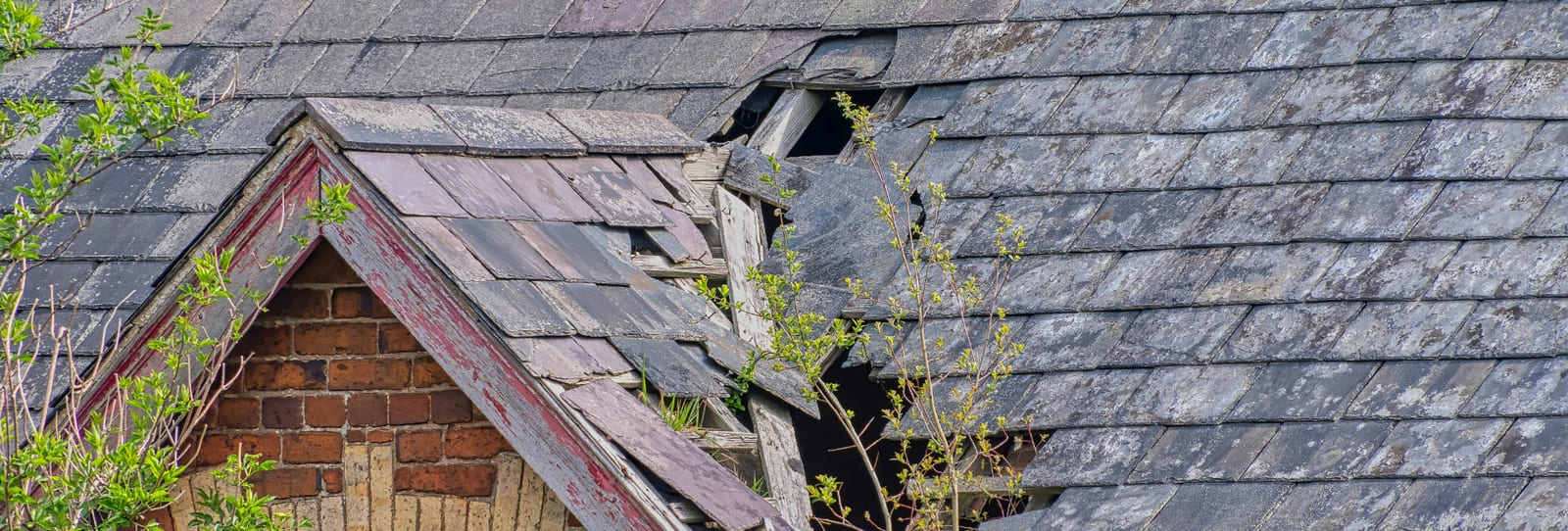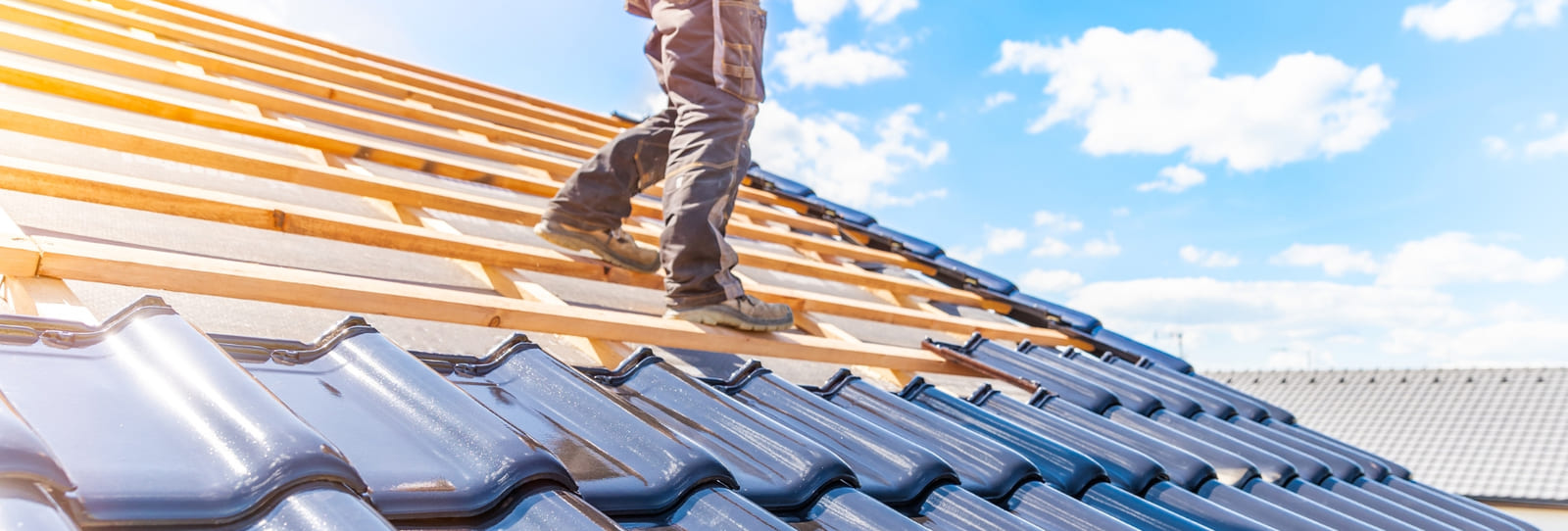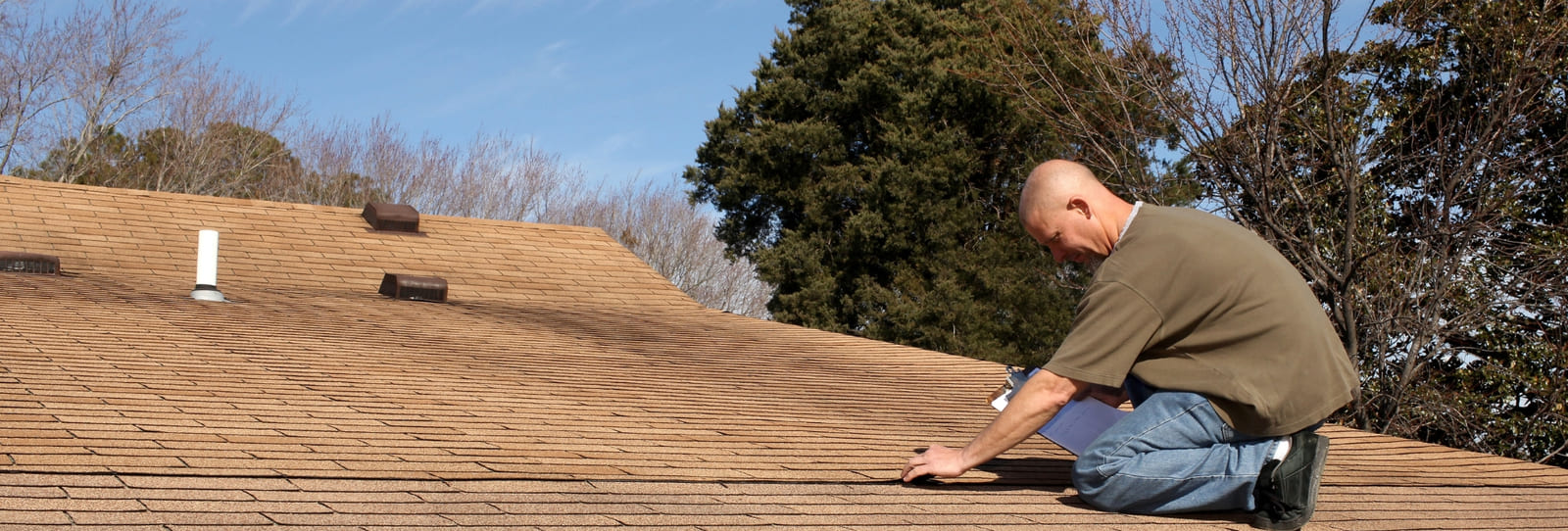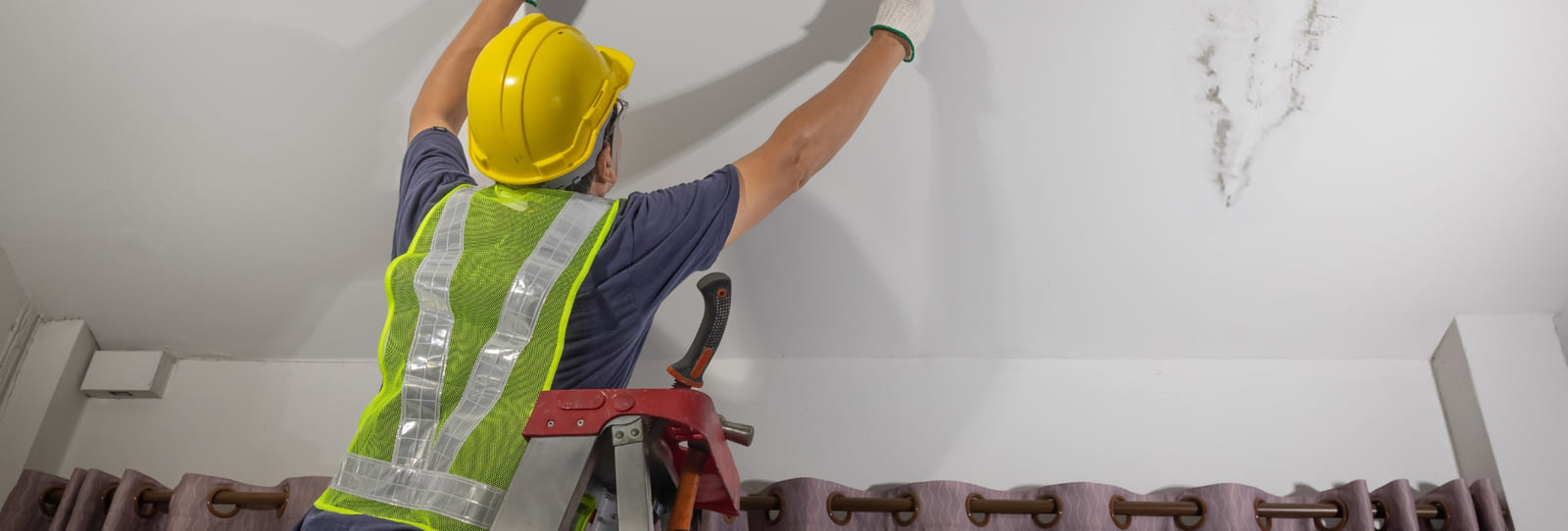Understanding the warranty coverage for your roof is crucial for protecting your investment and ensuring peace of mind. At Roofing Unlimited, we break down the types of warranties available and what homeowners should consider when evaluating roof warranty coverage.
Manufacturer’s Material Warranty
One of the most common types of roof warranties is the manufacturer’s material warranty. This warranty covers defects in the roofing materials themselves and typically ranges from 20 to 50 years, depending on the type and brand of materials used. It ensures that the materials will perform as expected under normal weather conditions.
Workmanship Warranty
In addition to the material warranty, reputable roofing contractors often provide a workmanship warranty. This warranty covers the installation and labor involved in the roofing project. It guarantees that the roofing system has been installed correctly according to industry standards. Workmanship warranties typically range from 5 to 15 years or more, depending on the contractor.
Understanding Coverage Limitations
It’s essential to read the warranty documents carefully to understand what is covered and what is not. Some warranties may have limitations or exclusions for specific circumstances, such as natural disasters or improper maintenance. Understanding these limitations helps manage expectations and ensures you’re prepared in case repairs or replacements are needed.
Transferability and Registration
Check if the warranty is transferable if you sell your home. Some warranties allow for the transfer of coverage to the new homeowner, which can add value to your property. Additionally, certain warranties may require registration within a specified timeframe after installation to be valid, so be sure to complete this process if necessary.
Regular Maintenance Requirements
Most roof warranties require homeowners to perform regular maintenance to keep the warranty valid. This includes inspections, cleaning gutters, and addressing minor repairs promptly. Failure to maintain the roof properly may void the warranty, so it’s essential to follow the manufacturer’s maintenance guidelines.
Additional Coverage Options
Consider additional warranty options for enhanced protection, such as extended warranties offered by manufacturers or roofing contractors. These warranties may provide coverage for a longer period or include additional services, such as labor costs for repairs.
Consulting with a Professional
If you have questions about the warranty coverage or need assistance understanding the terms, consult with a professional roofing contractor. They can provide clarity on what is covered under the warranty, offer advice on maintenance practices, and ensure you maximize the benefits of your roof warranty.
Conclusion
Understanding roof warranty coverage is essential for protecting your home and investment. By familiarizing yourself with the types of warranties available, reading the fine print, and performing regular maintenance, you can ensure your roof continues to provide reliable protection for years to come. At Roofing Unlimited, we’re committed to helping homeowners navigate roof warranty options and providing expert installation and service that uphold warranty requirements.


